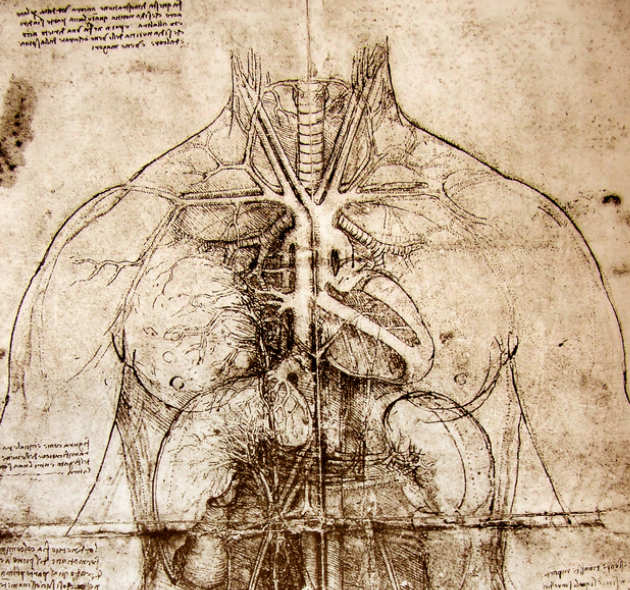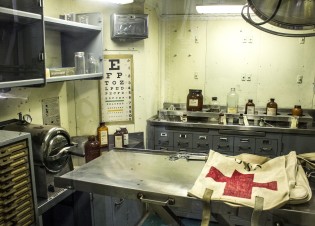Module details
- Offered to 1st years
- Tuesdays 16.00-18.00
- 8 weeks (spring term only)
- Planned delivery: On-campus (South Kensington)
- Non-credit only
We know that modern medicine relies upon experiment, but how much do we really know about what that experiment has entailed?
This module explores the place of the human body in a variety of investigations from the nineteenth century to the present. Looking at episodes such as the Tuskegee syphilis study and Cold War radiation experiments, you will consider how ideas about the place of the human body in medicine and science have developed in the modern era.
You will explore how factors such as race, class, and gender have determined whose bodies have been considered ‘acceptable’ subjects for experiment, the role of states and the military in medical research, and consider how past events might inform current medical practices.
Information blocks
 On successful completion of this module, you will be better able to:
On successful completion of this module, you will be better able to:
- Plan and produce a piece of written work.
- Construct and critique arguments drawing upon historical events to discuss current issues in medicine and science.
- Explain the changing historical place of the human body in scientific and medical investigation.
- Synthesize and evaluate a range of historical sources to inform and construct arguments.

-
Dissection in the 19th century
-
The Victorian anti-vaccination movement
-
War and surgery
-
Race and experiment
-
Biological and chemical warfare
-
Human radiation experiments
-
Displaying the body in museums
This module is taught through a weekly seminar in two parts. The lecture part will provide you with a broad overview of the major historical developments and the respective positions of different historians on events. The seminar part will involve reviewing and discussing the set texts, sometimes analysing these alongside other sources introduced in class. Seminars are an opportunity for you to ask questions, discuss ideas with other members of the group, and share your thoughts; in this way you will develop your interpersonal, presentational, and analytical skills in an academic environment. The seminars are also an excellent opportunity to clarify your ideas and arguments ahead of writing your essay.
The weekly writing task is submitted online via the module VLE, and written feedback will be returned to you within the week in order to allow you to act upon feedback in your next piece of writing, and in the essay. The essay will be submitted two weeks after the final teaching session, also online, with feedback provided within two weeks.
- Coursework: In-class writing tasks (20%)
- Coursework: Essay - 1500 words (80%)
- ECTS value: 0
- Requirements: You must be prepared to attend all classes and to spend about an hour a week preparing for each session
- This module is designed as an undergraduate Level 4 course. For an explanation of levels, view the Imperial Horizons Level Descriptors page.
"I found the content of this course very good indeed! It provided a great overview of the different aspects of medicine and the key developments that took place throughout the history and shaped the medical field to make it become what it is today"
"The assignment represented a good opportunity to do some more individual research on a particular topic which reinforced the information given by our lecturer. ... I liked the idea of giving us a pre-reading task, as it gave me an idea of the topic to be discussed next and hence allowed to understand the concepts better the next day during the session"
"Was really fascinating and well taught. Very enjoyable and interesting course."
"The module is a real surprise for me as our instructor Jennifer made the history of modern medicine fun and engaging. I would definitely recommend this module to others because of the wonderful instructor!"
"The lecturer was lively and humorous. Made Tuesday afternoons a joy to look forward to. It's a fascinating module."
"I really enjoyed horizons this term, the content was interesting. I hope that there is another History-based Horizons next year because I would definitely sign up."
Got any questions?
Contact the lecturer
Dr Jennifer Wallis
j.wallis@imperial.ac.uk
